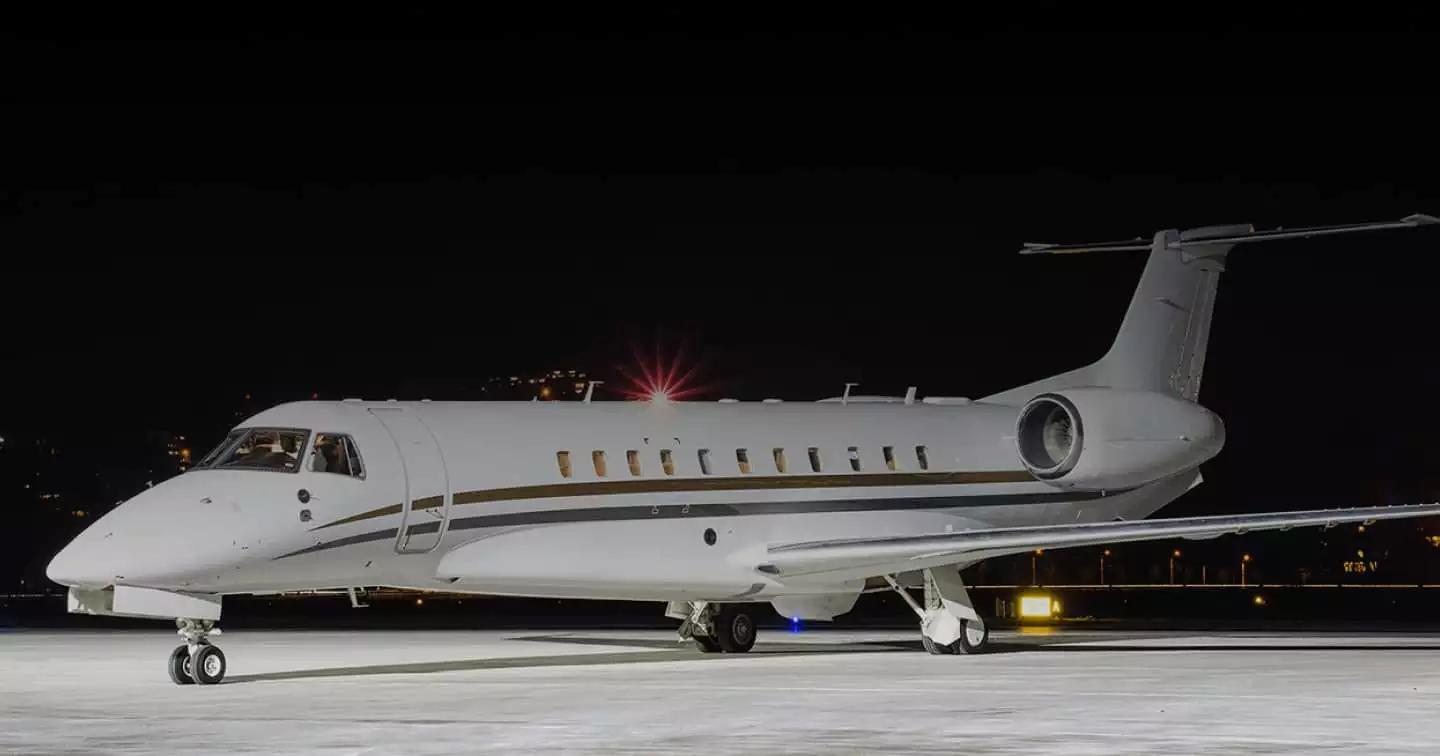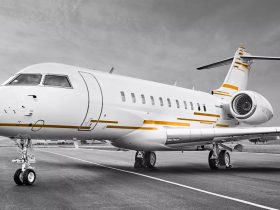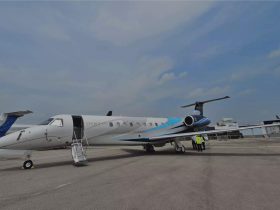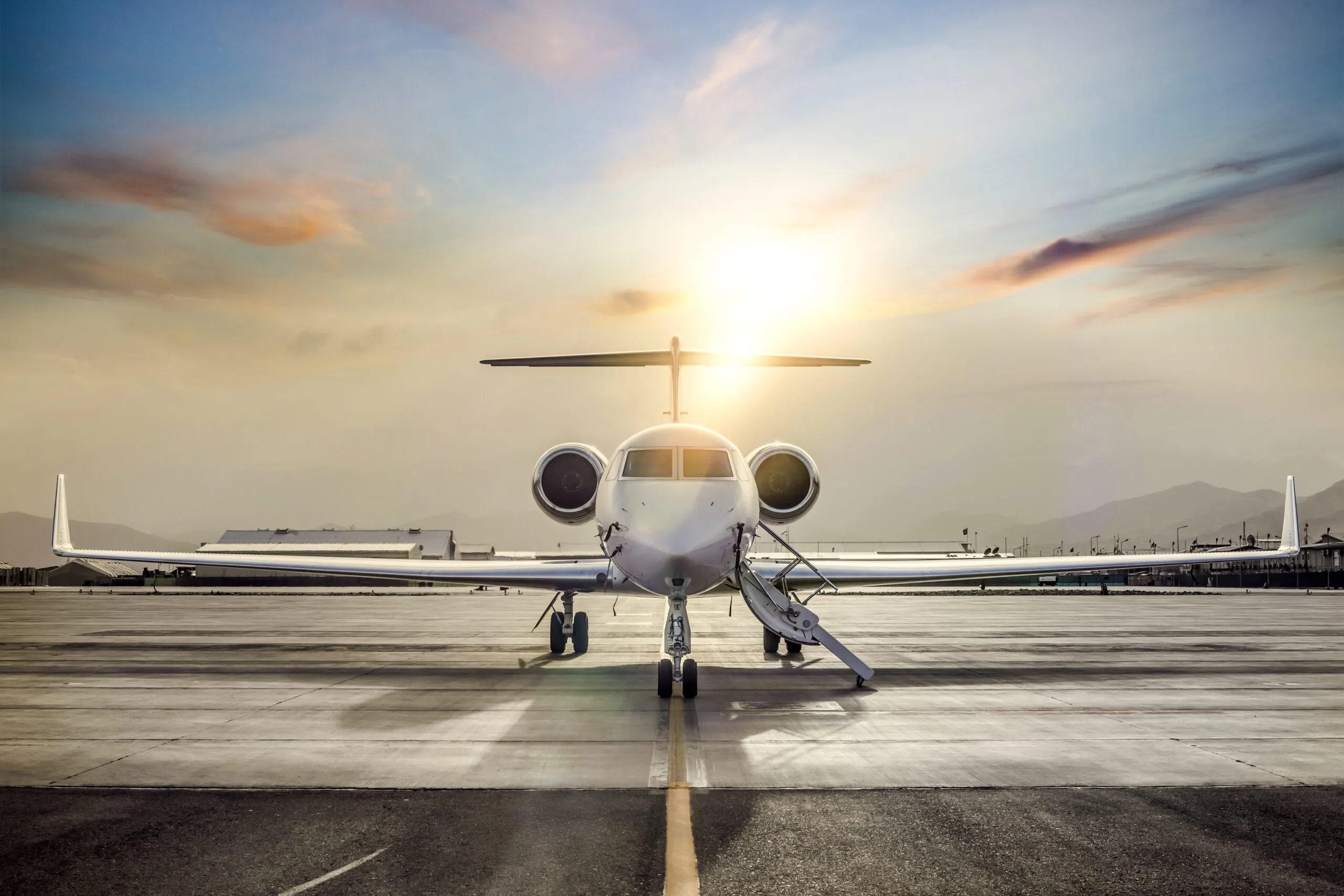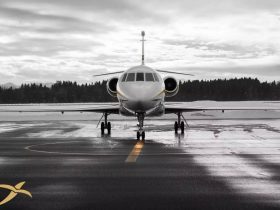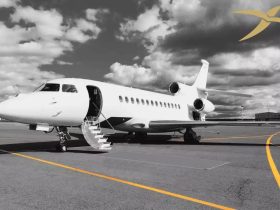Private jets have long been a symbol of luxury and status for the ultra-wealthy, offering unparalleled convenience and privacy for those willing to pay the hefty price tag. Though, as concerns over environmental sustainability and income inequality continue to grow, many are questioning the moral and practical implications of private jet travel. In this article,we will explore the case against private jets and why some believe they should be banned.
Table of Contents
- The Environmental Impact of Private Jets on Climate Change
- Excessive Consumption and Inequity in Private Jet Ownership
- Regulatory Options for Curtailing Private Jet Use
- Promoting Sustainable Alternatives to Private Jet Travel
- Insights and Conclusions
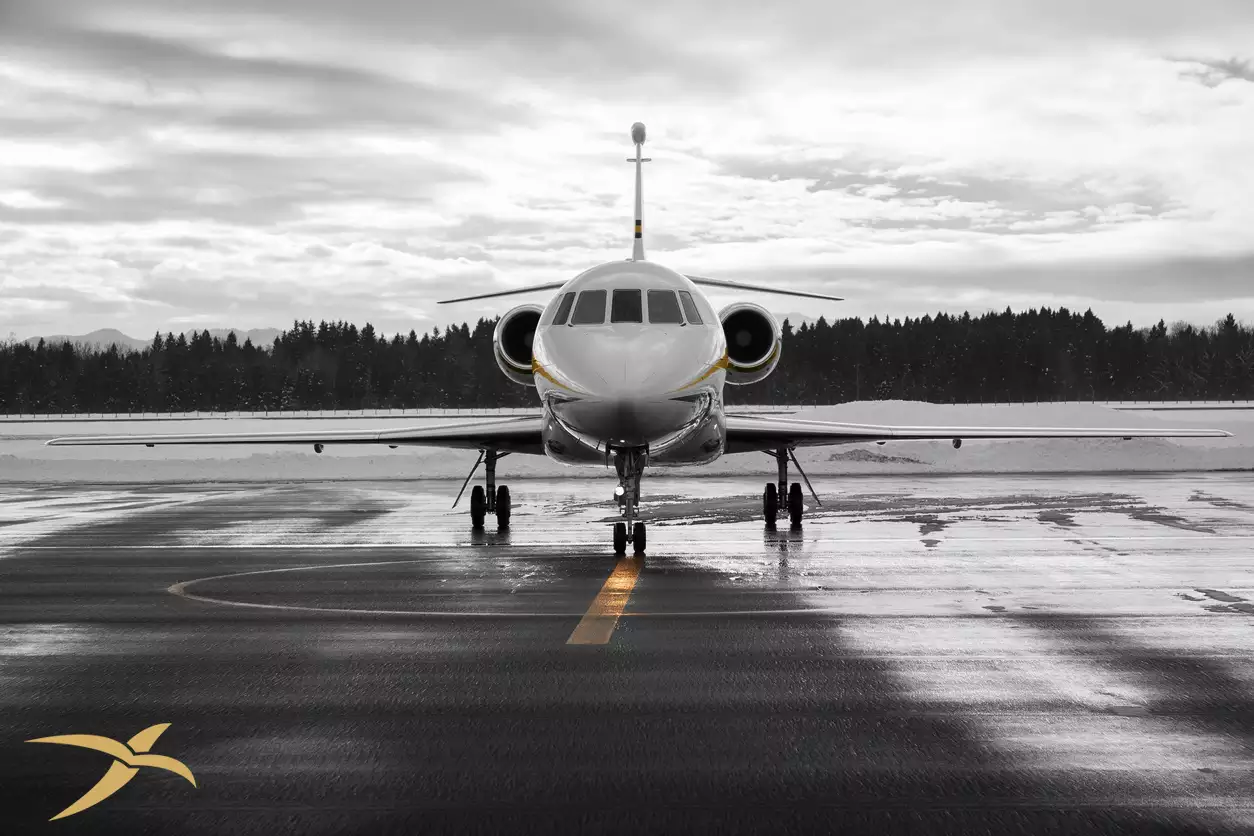
The Environmental Impact of Private Jets on Climate Change
Private jets have long been a symbol of luxury and exclusivity, but their environmental impact cannot be ignored. These planes emit a significant amount of carbon dioxide and other greenhouse gases, contributing to climate change at an alarming rate. In fact, a single private jet flight can produce as much carbon emissions as the average person does in an entire year.
furthermore, private jets also have a negative impact on local air quality, releasing pollutants that can harm human health. The noise pollution generated by these planes can disrupt wildlife habitats and disturb communities. Given the urgent need to reduce our carbon footprint and combat climate change, the continued use of private jets is simply unsustainable. It is indeed time to reconsider the privilege of flying in these high-emission aircraft and explore more sustainable alternatives for air travel.

Excessive Consumption and Inequity in Private Jet Ownership
In todayS society, the issue of has become a topic of debate. Private jets are frequently enough seen as symbols of wealth and privilege, with only the ultra-rich being able to afford such luxurious modes of transportation. The environmental impact of private jets is also a concern, as they contribute considerably to carbon emissions and air pollution. with the growing awareness of climate change and the need for sustainable practices, the case against private jets is becoming stronger.
One of the main arguments against private jets is the inequity it represents in society. While the wealthy few can afford to fly in luxury and convenience,the majority of the population have to rely on commercial airlines or other modes of transportation. This creates a stark contrast between the haves and have-nots, widening the gap between the rich and the poor. Banning private jets would help to level the playing field and promote more equal opportunities for all individuals.It would also send a message that excessive consumption and flaunting of wealth are not acceptable in a society that values fairness and sustainability.
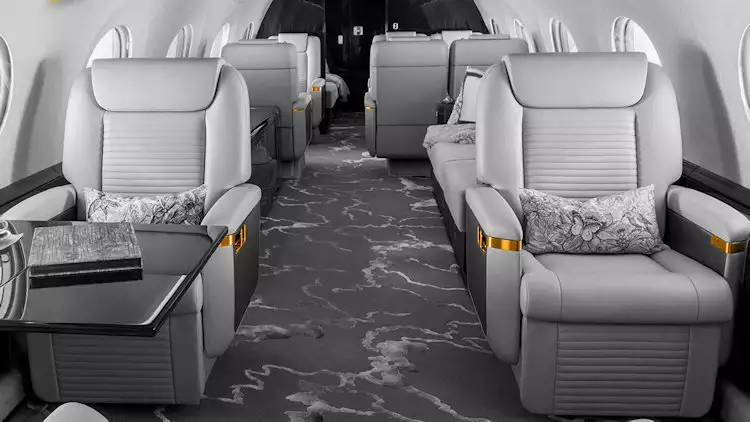
Regulatory Options for Curtailing Private Jet Use
Private jet use has been a topic of controversy for years,with debates raging about the environmental impact and social inequity associated with these luxury modes of transportation. While private jets offer convenience and exclusivity to their passengers, the negative externalities they pose to the habitat and society as a whole cannot be ignored.
There are several regulatory options that could be implemented to curtail private jet use and mitigate its adverse effects. These include:
- Implementing a luxury tax on private jet usage: A tax levied on private jet owners or operators could help offset the environmental damage caused by these flights and discourage excessive use.
- Restricting access to certain airports: Limiting the airports that private jets can fly in and out of could help reduce their overall impact on air traffic and noise pollution in densely populated areas.
- Setting emissions standards for private jets: Mandating stricter emissions standards for private jets could encourage the development of more environmentally friendly aircraft and technologies.

Promoting Sustainable alternatives to Private Jet Travel
Private jets have long been a symbol of luxury and exclusivity, but their environmental impact cannot be denied. These planes emit large amounts of carbon dioxide and other greenhouse gases, contributing to climate change and air pollution. While commercial airlines are working towards reducing their carbon footprint, private jets continue to fly unchecked, with little regard for the damage they are causing to the planet.
By banning private jets, we can promote more sustainable alternatives to air travel. Investing in high-speed rail and electric planes can provide efficient and eco-friendly options for travelers. By encouraging the use of public transportation and carpooling,we can reduce the demand for private jets and lower our overall carbon emissions. It is time to prioritize the health of our planet over convenience and luxury.
Insights and Conclusions
the environmental impact and societal inequities of private jets raise vital questions about their continued use. By advocating for stricter regulations or even a complete ban on private jets, we can work towards a more sustainable and equitable future for all. It is important for us to carefully consider the implications of our choices and take steps to address the harmful effects of excessive air travel. Together, we can make a difference in protecting our planet and promoting social obligation. Let’s prioritize the greater good and explore alternative, more sustainable modes of transportation. Thank you for reading.


